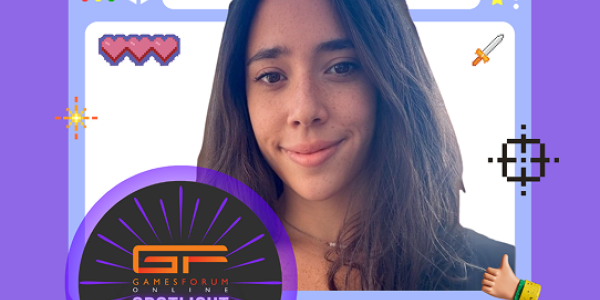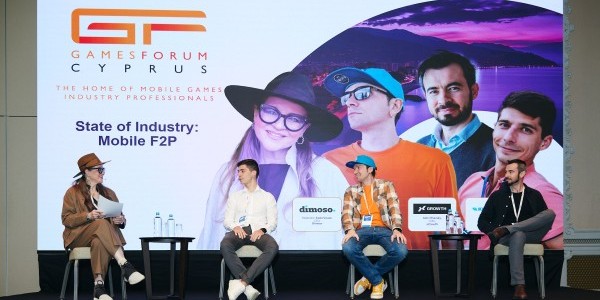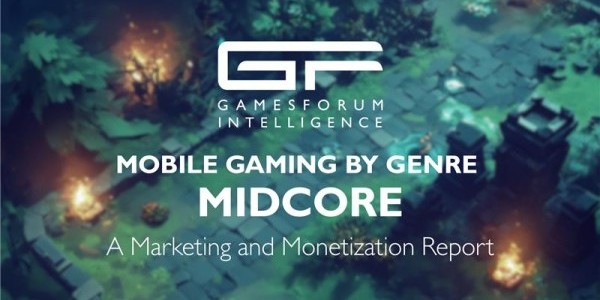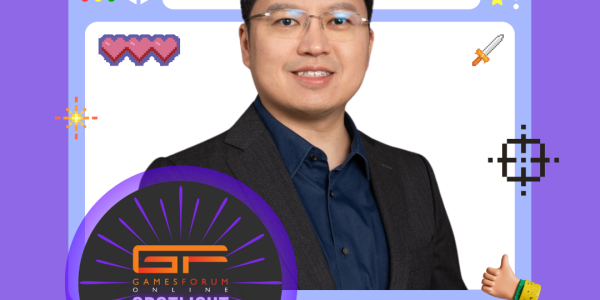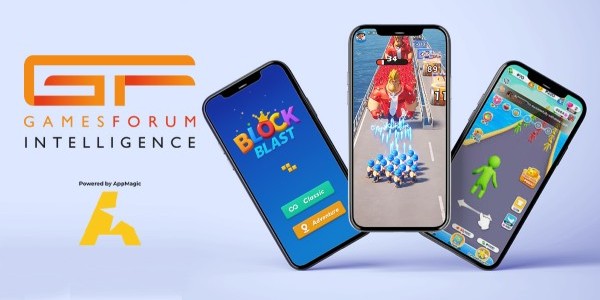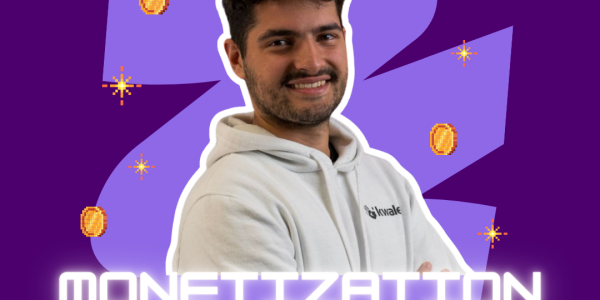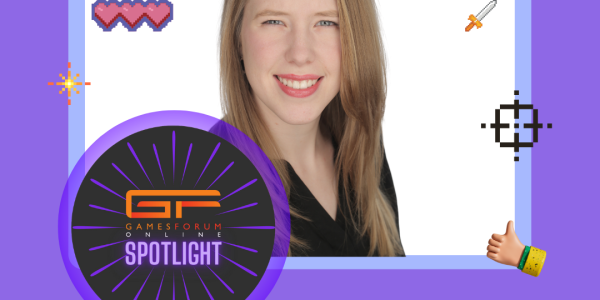A Guide to Game Industry Events

By Gus Viegas | VP of Marketing | Cosmic Lounge
Every month is different in our industry, and every month, there seems to be an event. Can you use events to stay up to date? The short answer is - yes.
First, a disclaimer: I’ve been doing User Acquisition and Ad Monetization for Mobile Games for the last decade, and have been a speaker at events across Europe every year for the last 5 years. I’m also currently VP of Marketing at Cosmic Lounge and a member of UA Society.
As well as this, I’m also a UA Advisor for Gamesforum, with my personal goal of improving the quality of the talks and events around the topic of User Acquisition. These are my thoughts as someone who went to five events in the past six months - and felt that all of them were useful.
While each event has its own particularities and usefulness - they’re all springboards for innovation, networking, and learning. Each event, whether it’s Gamesforum or the many others - focus on a different slice of the industry; leadership, investment, specialists, monetization, marketing, and so on. But you can get a bit of each at all of them. Either at the events themselves or the side events and parties that usually occur around the same time and location that the main event is taking place..

To use Gamesforum as an example - it stands out as a knowledge hub.
It brings together top-tier experts who dive deep into topics like user acquisition, ad monetization, product marketing, and in-game monetization.
Then, by providing an environment ripe for in-depth knowledge exchange - makes it invaluable for anyone looking to deepen their understanding of complex industry issues.
But not all events are approached with the same objectives. Depending on the company’s needs and the specific event’s offerings, objectives can range widely - from scouting new marketing strategies and technologies to connecting with potential business partners or investors. For example, attending Puzzle Society might be about delving into niche aspects of puzzle game development or participating in UA Society could focus more on user acquisition tactics and trends.
To leverage these events effectively, it is crucial to define clear, tailored objectives beforehand. This approach ensures that you can seek out and engage in the most relevant sessions, discussions, and networking opportunities. It also allows you to measure the success of your participation more accurately, by evaluating how well your specific questions and needs were addressed.
Come prepared with a list of specific, pressing questions related to your business or role! This proactive approach not only guides your activities during the event but also helps you engage more productively with speakers and other attendees. This might sound strange - as it almost feels like a journalistic approach - but people are kind and happy to share an array of information. Do come with an open mind, not only for the surprise learnings you might take onboard, but also to see how cheeky you can be with your own questions.
Asking questions to speakers and other experts before their sessions can also significantly enhance your experience. This could involve reaching out via social media or event apps, participating in Q&A sessions, or scheduling meetings during the event. Such interactions make it possible to get personalised insights and foster connections that can extend well beyond the event itself. A common mistake many make is viewing these events merely as platforms for pitching products or services. While promotion is a component, the real value lies in the exchange of knowledge and the formation of strategic partnerships. Focus less on selling and more on learning and connecting.

Now, going back to a classic of events - networking.
It’s an art that, when executed well, can lead to unexpected business success.
My strategy involves a direct and intentional approach: I review the list of attendees and speakers in advance, identify key individuals who can provide insights into my areas of interest and plan interactions around these targets. This focused approach ensures that every conversation has the potential to add value to my understanding and business objectives.
But if you don’t prepare, don’t worry - events are also where your industry friends are. Industry events are prime opportunities to reconnect with peers and deepen existing relationships. These interactions often lead to collaborations and insights that are as valuable as any session or workshop at the event.
About the future - just like the industry itself, events are evolving too. Recently, there’s been a noticeable shift towards more specialised conferences that cater to specific segments of the industry. This specialisation allows for deeper dives into subjects and more tailored networking opportunities, enhancing the overall value of these events.
Looking ahead, I predict that industry events will increasingly focus on distinct niches and offer even more targeted agendas. This evolution will not only help professionals get more out of each event but will also shape future interactions and strategies within the games industry at large. There is a hunger for knowledge, especially as the industry matures and the walls of performance tighten.
As the games industry continues to grow and evolve, so too does the role of industry events in shaping the careers and companies within the space. Whether you're a developer, marketer, or executive, these events offer a wealth of opportunities to learn, connect, and grow. By setting clear objectives, preparing diligently, and engaging actively, you can transform each event into a stepping stone for success.
I look forward to my next speaking engagement at Gamesforum Hamburg, as I am reminded of the continuous journey of learning and connection.
For those attending, remember to reach out to me or event organisers with feedback. Be bold, question everything and demand more of events - I promise you there are people out there listening and wanting to do better.
We’re all here to help.


